The Waroona renewable energy project is on track to become one of the largest solar and battery precincts in Australia with developer Frontier Energy announcing plans to boost its capacity to 1 GW of solar generation alongside 660 MW of battery energy storage.
The first stage of the Waroona Energy Park, being developed on an 820-hectare land holding located 120 kilometres south of state capital Perth, is to include a 120 MW solar farm along with an 80 MW / 360 MWh DC-coupled battery energy storage system (BESS).
Frontier said it is targeting commercial operations for the first stage by October 2027 and already has development approval in place for a second stage that would include another 120 MW of solar and an additional 80 MW BESS.
The Perth-headquartered developer said this would be followed by a third stage that will include 200 MW of solar generation capacity and a 140 MW battery, while a planned fourth stage will deliver approximately 560 MW of solar and up to 360 MW of battery energy storage.
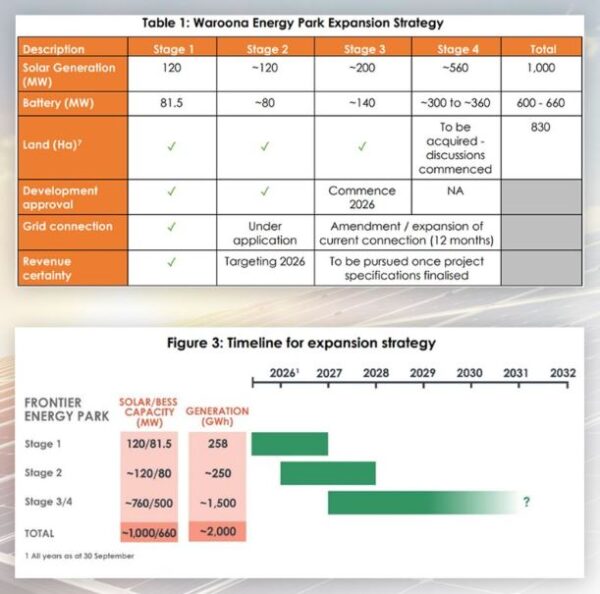
Frontier said the timing of the expansion strategy aligns with Western Australia’s energy transition and the planned retirement of significant coal and gas-fired generation assets in the state.
Adam Kiley, Chief Executive Officer of Frontier, said this will create an energy supply gap that Waroona will be ideally positioned to fill with renewable energy backed by battery storage.
“Western Australia is undergoing a major energy transition, with the planned retirement of at least 1.3 GW of ageing coal and gas generation assets before 2031,” he said.
“Waroona Energy Park has the potential to play a major role in replacing this energy through our integrated solar and battery expansion strategy.”
Kiley said a key benefit of the expansion strategy is that it doesn’t rely on major new transmission infrastructure, allowing for a much faster and cheaper pathway to market.
“Importantly, Frontier’s strategy is not contingent upon major grid expansion, which involves significant time and cost for both government and consumers,” he said.
“The company has been putting the building blocks in place to execute the planned expansion of Waroona for some time,” he said, adding that some grid connections and key approvals are already in place.
“These competitive advantages provide unobstructed speed to market ensuring that the Waroona Energy Park will become a key pillar of WA’s energy transition,” he said.
The release of the multi-stage expansion strategy follows the recent announcement that the first stage of the project was among the winners of the state’s first Capacity Investment Scheme (CIS) tender.
The CIS provides a 15-year revenue floor guarantee, underwritten by the federal government, which helps secure debt financing by ensuring minimum revenue levels if energy prices fall below an agreed threshold. The scheme also includes a profit-sharing mechanism where if energy prices exceed a certain ceiling, Frontier would share profits with the government.
Frontier has also been assigned capacity credits for stage one of the Waroona project as part of by the Australian Energy Market Operator’s (AEMO) Reserve Capacity Mechanism (RCM).
The RCM is designed to ensure adequate generation capacity is available to meet peak electricity demand in Western Australia’s main grid with generators receiving a payment per MW from AEMO based on the reserve capacity price. These payments would be guaranteed for five years.
Frontier estimates that RCM payments would provide up to $31.8 million (USD 21.04 million) per annum of revenue in the project’s first stage.
This content is protected by copyright and may not be reused. If you want to cooperate with us and would like to reuse some of our content, please contact: editors@pv-magazine.com.
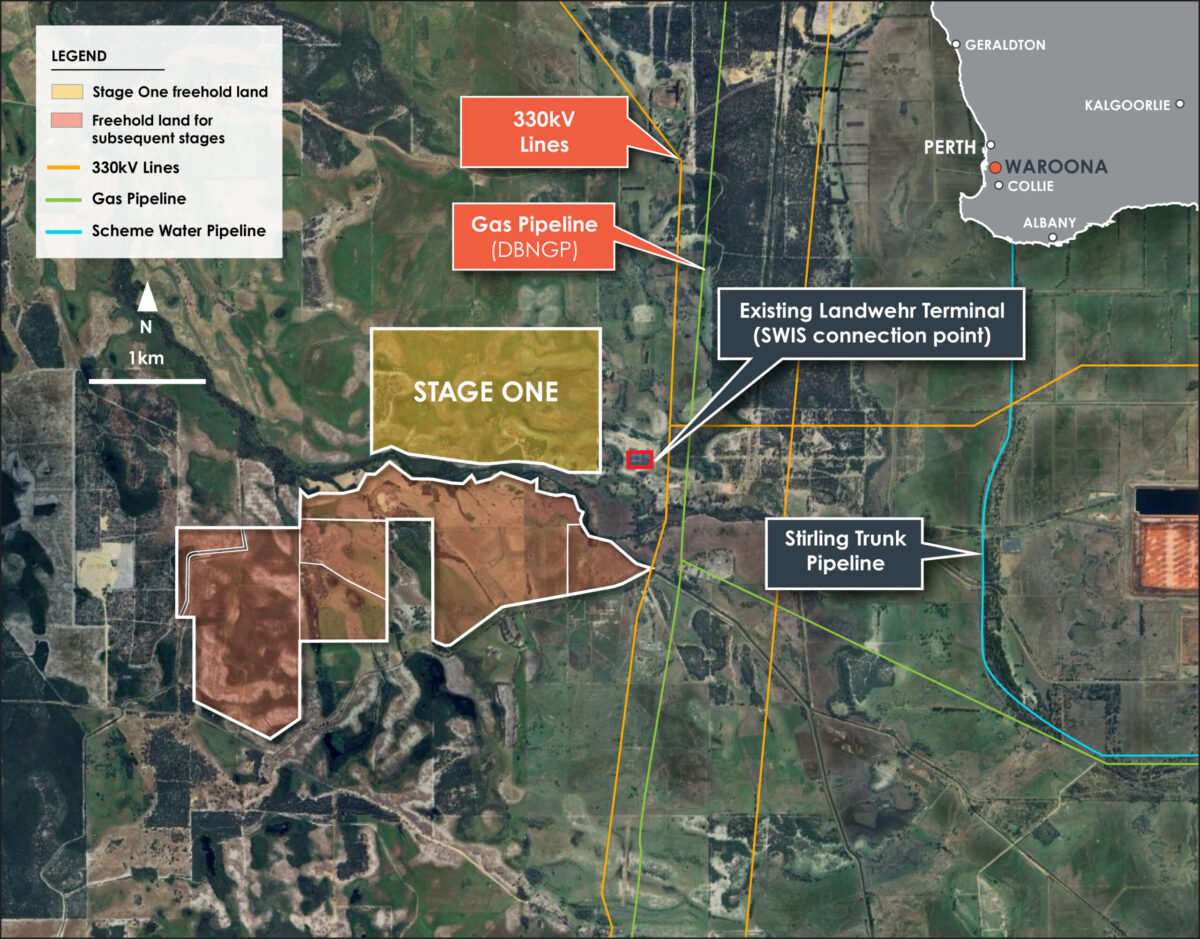
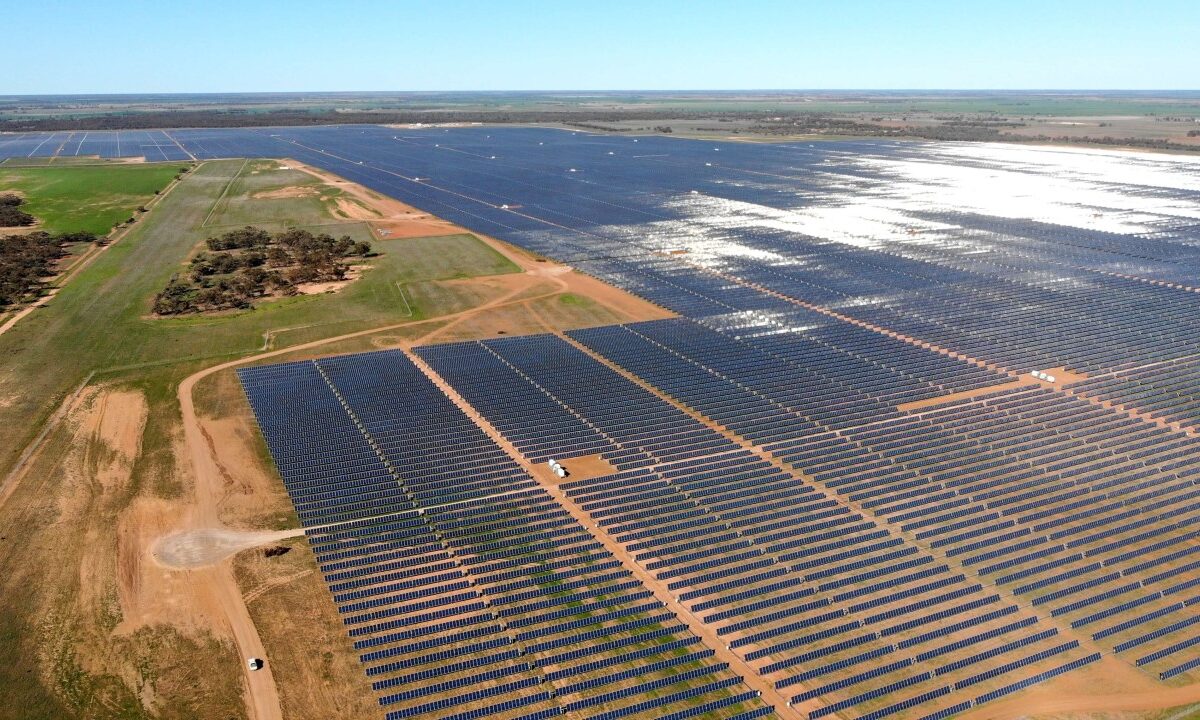


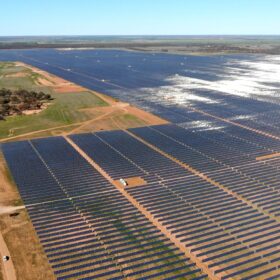
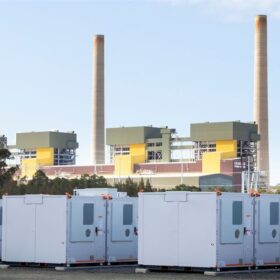
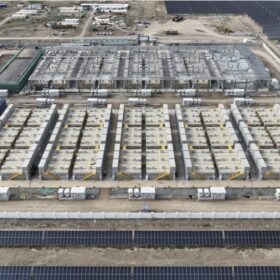
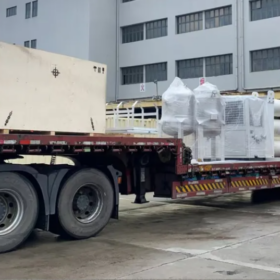
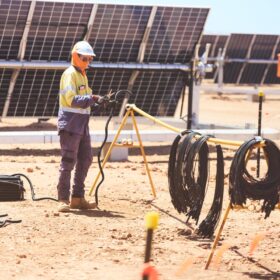
By submitting this form you agree to pv magazine using your data for the purposes of publishing your comment.
Your personal data will only be disclosed or otherwise transmitted to third parties for the purposes of spam filtering or if this is necessary for technical maintenance of the website. Any other transfer to third parties will not take place unless this is justified on the basis of applicable data protection regulations or if pv magazine is legally obliged to do so.
You may revoke this consent at any time with effect for the future, in which case your personal data will be deleted immediately. Otherwise, your data will be deleted if pv magazine has processed your request or the purpose of data storage is fulfilled.
Further information on data privacy can be found in our Data Protection Policy.